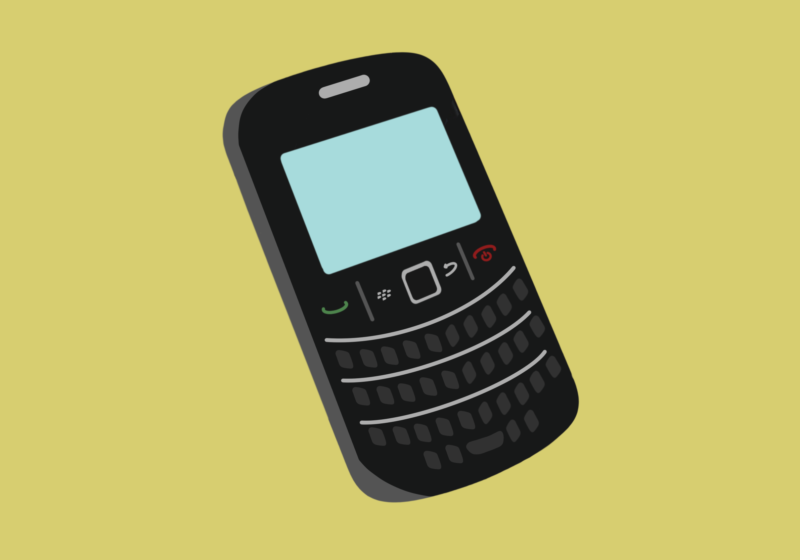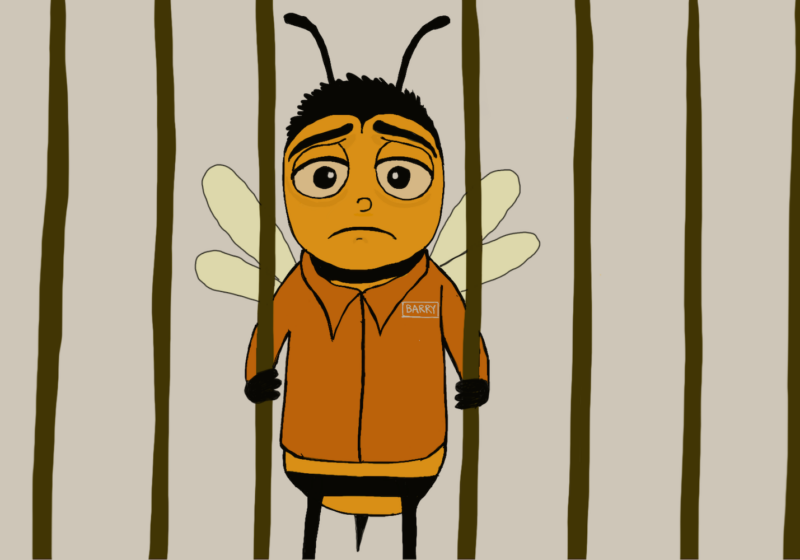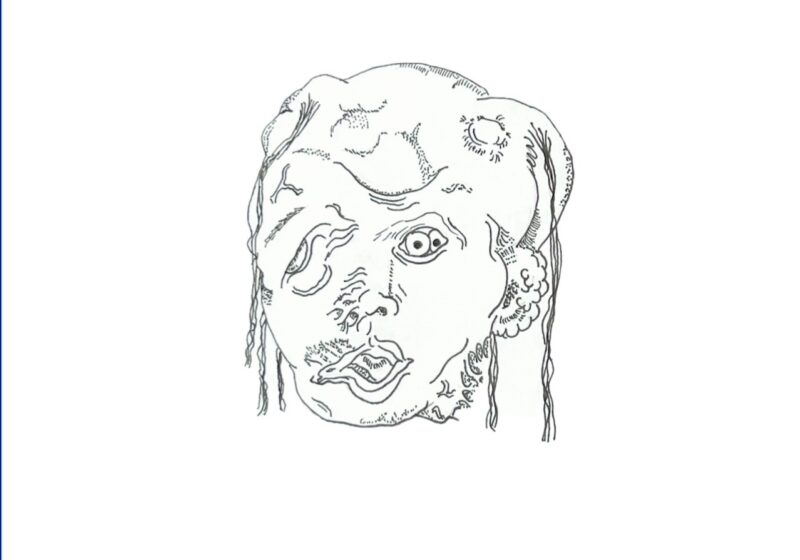It’s 2009. Everyone is rocking layered flicky hair, Disney stars are still wearing a skirt over jeans, and when you hear the word “TikTok,” you immediately think of Kesha (or Ke$ha), not the app. When we think of the 2000s, our minds immediately visualize feather hair extensions and flip phones. However, one particular relic, and in my opinion the most influential, is often forgotten. At a time when Meta didn’t control the universe, a sweet time before social media was what it is now, the hottest form of communication was through your little old BlackBerry phone.
BlackBerry, the company that once dominated smartphones and our social lives, recently announced that it would be pulling support for its devices. If any BlackBerry owners remain to this day, they will no longer be able to connect to cellular networks. A true end of an era.
BlackBerry revolutionized instant messaging with their BlackBerry Messenger (BBM) service, and while corporate users fell in love with its high levels of security, there must have been deeper reasons why a generation of 12 to 16-year-olds were obsessed with it. Whether it was for the incredible sensation of keyboard button-pressing or using the scrolling trackball, their convenient pocket size, or their colorful rubber cases, we know one thing: It sure as hell wasn’t their camera quality that got us hooked. The true main appeal of the BlackBerry phones to teenagers, like anything else, was that their friends had one. Even as a pre-teen myself, back when everyone was part of the BB craze, I had this constant fear of missing out on joining friend groups and conversations that only took place on the coveted and exclusive BBM, which led me, like many others, to become obsessed with having one.
But as addicted as our little thumbs became to typing on that mini keyboard, at the time, there were no hyper-filtered pictures to lower our self esteem and no endless, mind-numbing news feeds that chewed up your time. At the end of the day, the BlackBerry was just a texting device that allowed you to flex your indie music taste on your friends by showing what songs you’re playing on your phone as your BBM status update. Simpler times.
The end of BlackBerry’s reign was ultimately brought upon by the superiority of the iPhone, and as people started slowly migrating to Apple, their friends did too. Lately, however, tech companies started to take note of all the ways Gen Z is bringing back the 2000s. Ironically, TikTok — I’m referring to the app now — has become the number one platform encouraging this comeback, with Gen Z users creating entire genres of TikTok dedicated to the Y2K aesthetic, inspired by their own childhoods. From UGGs and velour tracksuits to colorful chunky jewelry making a comeback, it is inevitable that the kids start demanding the return of 2000s tech as well. We have already seen signs of a response with the release of the iPhone 12 and 13 Mini, but there are rumors about the possibility of Apple gracing us with a full-fledged flip phone pretty soon. Granted, they are not the first to adopt that touch-screen flip phone hybrid design, as Samsung already beat them to the punch on that one. While this is still considered an emerging niche market, with promising designs leaked, and a tentative release date of 2023-2024, Apple is more than capable of expanding that market and gaining product leadership by capitalizing on the same thing that resulted in the rise and the fall of the BlackBerry dynasty: fear of missing out.




